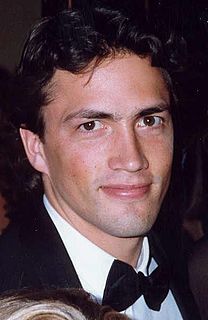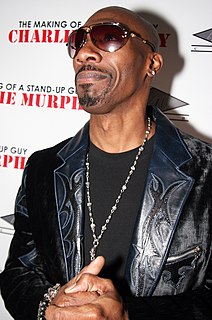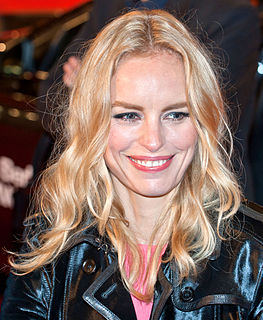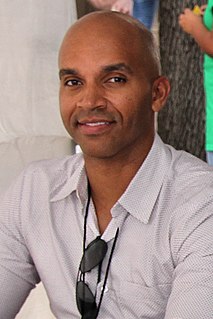A Quote by Lupita Nyong'o
The set of '12 Years a Slave' was an extremely joyous one! We all recognized that we were making a powerful, necessary and beautiful film, and we weren't about doing it without that sense of responsibility, and we recognized that we needed each other to tell this story. We also knew we needed to hold each other up as we told the story.
Related Quotes
There's no quit in our family. Our dad was the chief proponent of that. [On the set] we were constantly telling each other, Stay true to the story, we know that we love each other, keep communication open. We knew how unique this was-you're doing a movie that really could be put out there all over the world, and you're telling this personal story about your family.
How our story has been divided up among the truth-telling professions! Religion, philosophy, history, poetry, compete with each other for our ears; and science competes with all together. And for each we have a different set of ears. But, though we hear much, what we are told is as nothing: none of it gives us ourselves, rather each story-kind steals us to make its reality of us.
We really have a close friendship with Christian Petzold, which means we can be more frank and open towards each other, always with total respect. But, we push each other a bit further and further always, and we're always still curious about each other. And when he talks about a story he's thinking of doing, then the whole process is so special because I'm involved in a very early stage and I have the feeling I can, and not only, influence anything about my character, but about the whole story that my character's in.
She had been ready to love this man from the moment she first saw him. In all these years, that had never changed. They'd hurt each other, let each other down, and yet, here they were after everything, together. She needed him now, needed him to remind her that she was live, that she wasn't alone, that she hadn't lost everything.
One of the remarkable qualities of the story is that it creates space. We can dwell in a story, walk around, find our own place. The story confronts but does not oppress; the story inspires but does not manipulate. The story invites us to an encounter, a dialogue, a mutual sharing. As long as we have stories to tell to each other there is hope. As long as we can remind each other of the lives of men and women in whom the love of God becomes manifest, there is reason to move forward to new land in which new stories are hidden.
We tried so hard. We were always trying to help each other. But not because we were helpless. He needed to get things for me, just as I needed to get things for him. It gave us purpose. Sometimes I would ask him for something that I did not even want, just to let him get it for me. We spent our days trying to help each other help each other. I would get his slippers. He would make my tea. I would turn up the heat so he could turn up the air conditioner so I could turn up the heat.
The argument for '12 Years a Slave' was that - yes, it's a beautiful film. Beautifully shot, beautifully acted. It's a real story, and these stories should be told. The problem is, if they're the only stories being told, then it makes Americans of African descent - it puts them into that victim category. And that was my problem with the movie.




































